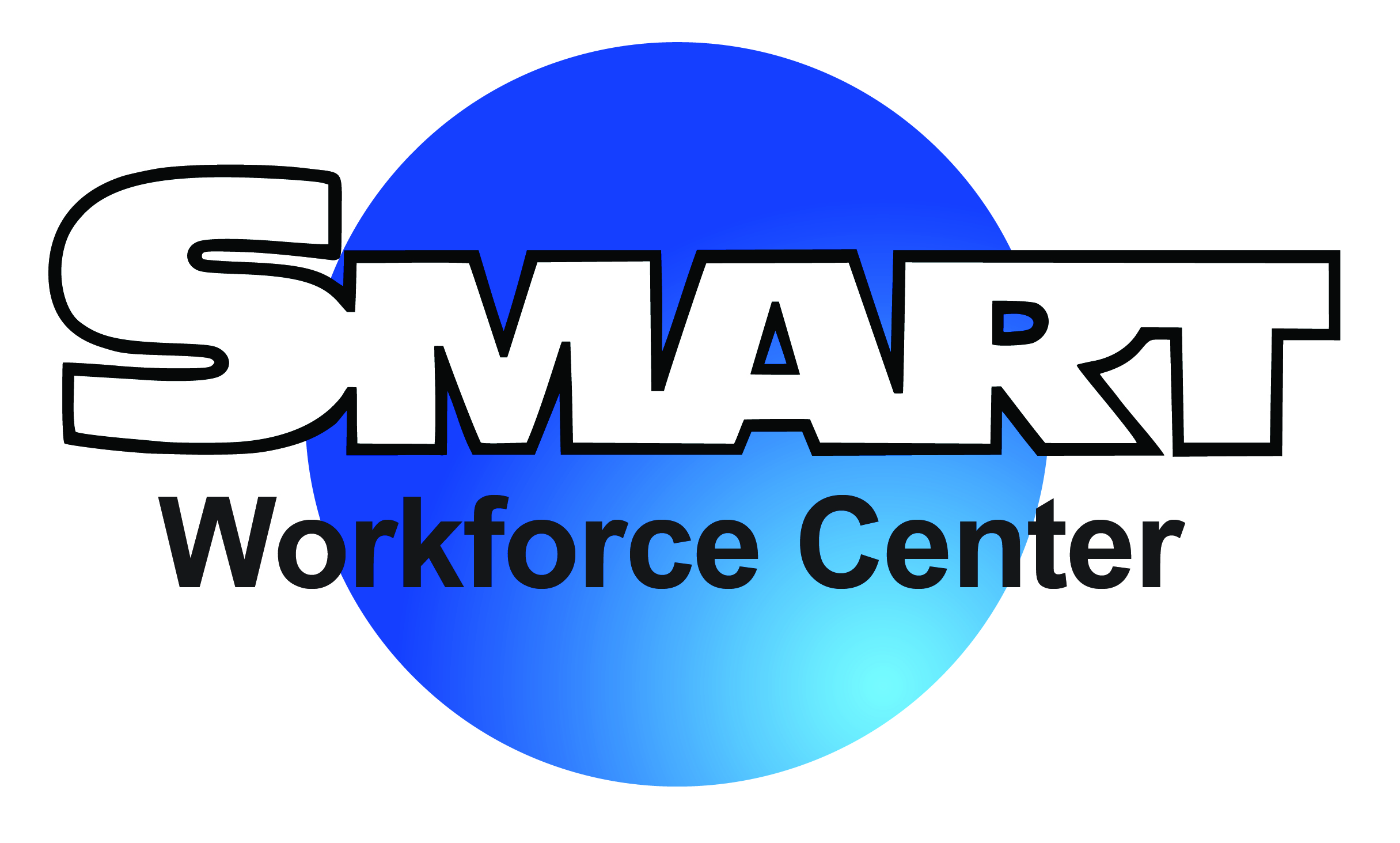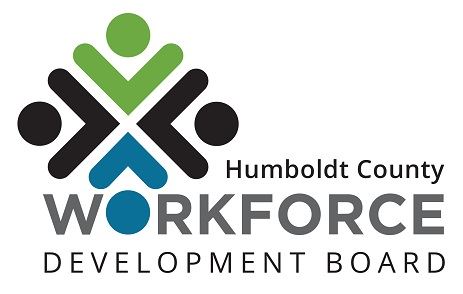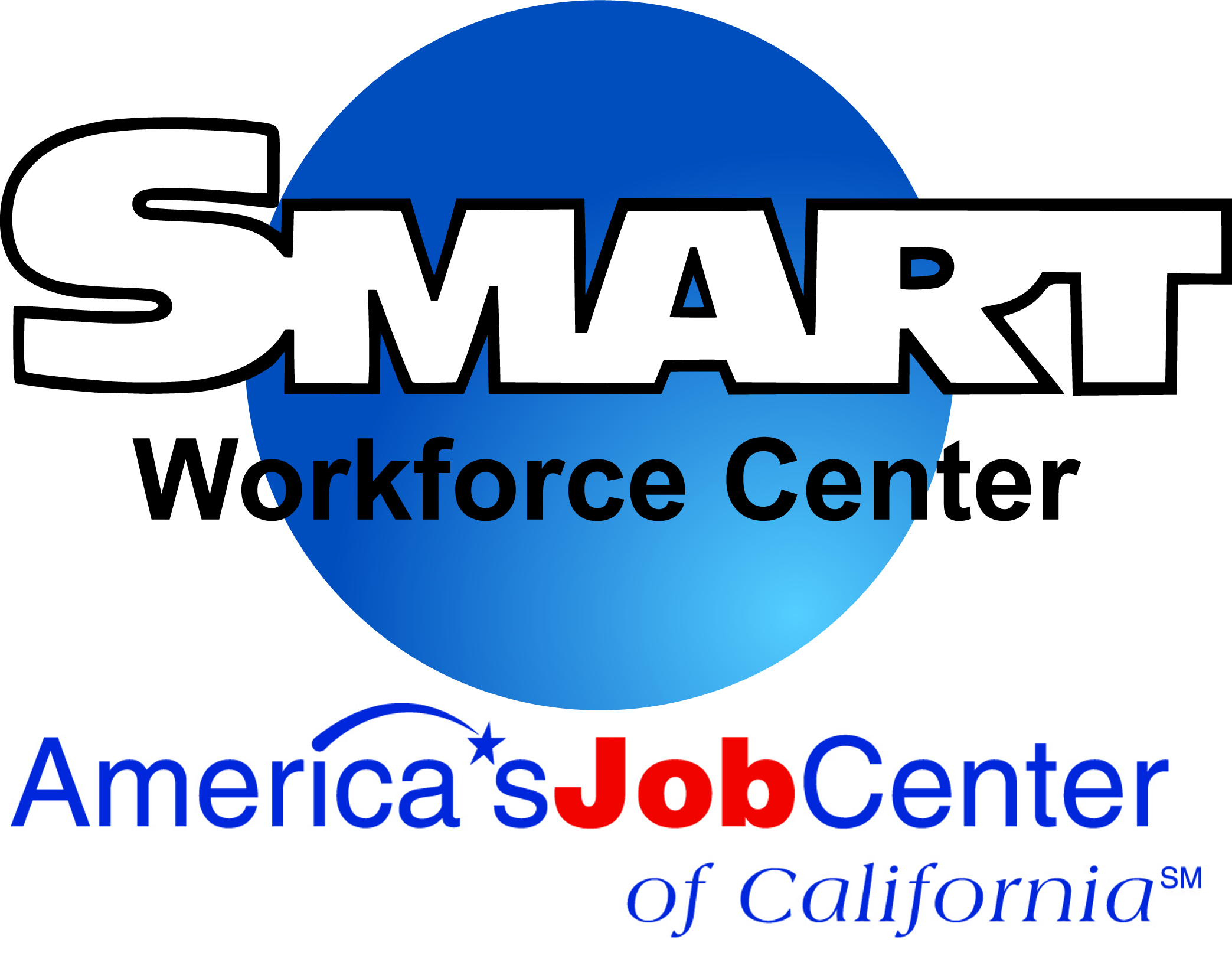
Our History
History:
The year was 1979. The average cost of a new house in Shasta County was $58,100, a gallon of gas cost .86 cents, and the average income per year was $17,500. Redding City Hall had just relocated out of the historic Old City Hall building and exciting opportunities were emerging throughout the county.
Private Industry Councils were popping up throughout the country, garnered by a recently passed law – The Comprehensive Employment and Training Act (CETA) – committed to ensuring local communities had a strategic focus on building a quality workforce, for both businesses and workers.
On September 11, 1979, Shasta County leaders George Kutras, Greg Balkovek, and Scott Thompson signed Articles of Incorporation, and the Shasta County Private Industry Council was born.
signed Articles of Incorporation, and the Shasta County Private Industry Council was born.
As a 501c3 non-profit, the Shasta PIC was the conduit to receiving the federal and state funds, allocated through CETA, that directly benefited Shasta County community members and businesses through education, supportive services, wage offsets, and paid on the job training opportunities.
Since that monumental day in 1979, the Shasta PIC has invested over $70 million directly back into the communities we serve. Through name changes, adding new counties, responding to changing legislation, and supporting our communities through major economic changes, our focus and mission has never changed.
For over 40 years, the Smart Center has been singularly focused on “Building a quality workforce, for today and tomorrow.”
Significant Events:
| 1973 |
Comprehensive Employment and Training Act (CETA) was signed into law |
| 1979 | Shasta Private Industry Council (PIC) was incorporated and opened our doors to the public |
| 1982 | CETA legislation changed to Job Training Partnership Act (JTPA), responding to emerging needs in workforce |
| 1983 | Shasta PIC moved to the art deco building at Placer and East previously occupied by the Record Searchlight |
| 1998 | JTPA legislation changed to Workforce Innovation Act (WIA), responding to emerging needs in workforce |
| 1999 | Shasta PIC started doing business as (DBA) The SMART Business Resource Center. SMART was originally an acronym for Shasta Multi-Agency Re-Employment and Training |
| 2008 | SMART began serving Trinity County |
| 2014 | WIA legislation changed to Workforce Innovation and Opportunity Act (WIOA), responding to emerging needs in workforce |
| 2018 | SMART began serving Humboldt County |
| 2018 | Historic Carr Fire hits Shasta and Trinity Counties – Smart responds by administering a National Dislocated Worker Grant, providing dislocated workers with employment opportunities while restoring the communities affected by the fire |
| 2019 | Historic Snow-Storm hits the North State – Smart responds by administering a National Dislocated Worker Grant, providing dislocated workers with employment opportunities while restoring the communities affected by the storm |
| 2019 | Humboldt County is declared as a national disaster county due to opioid usage - Smart responds by administering a National Dislocated Worker Grant, providing dislocated workers with employment opportunities while training and certifying 35 additional drug & alcohol counselors in the county to respond to the opioid crisis |
| 2020 | International Historic Pandemic due to COVID-19 Virus - SMART responds by administering National Dislocated Worker Grant, providing employment opportunities to dislocated workers to help keep local businesses and our communities safe. SMART also responds to record breaking rapid response actions due to business closures and mass layoffs. |
| 2020 | Smart began serving Del Norte and Siskiyou Counties |
| 2020 | Smart Business Resource Center started doing business as (DBA) Smart Workforce Center |
| 1979 – 2020 | Smart has responded to every major economic event in our serving area for over 40 years. These include major closures such as the 2001 closure of Simpson Paper Company after 38 years in business, resulting in the elimination of more than 400 high-wage positions, the closure of The Knot, the closure of several large retail stores, the closure of Victor Treatment Center, and others; to the procurement, hiring, and opening of major retail stores like Walmart and SaveMart, and the opening and hiring of high-wage businesses with jobs in industries such as healthcare, construction, and manufacturing companies. |

Smart is committed to being here to respond to, and be proactive in, supporting the emerging needs and opportunities of workforce in our communities.

|

|

|
| Proud Partner of: |
  |
